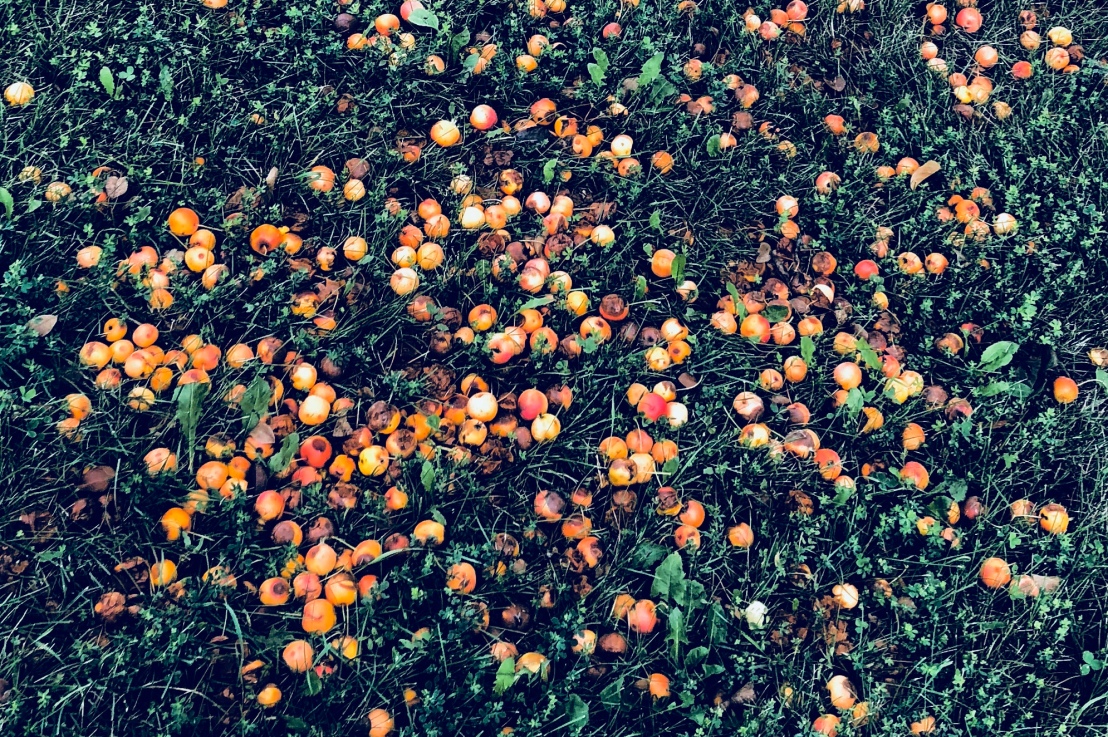Experiencing Autumn is a bit like newbie meditation. Wholesome intentions at the start, then excruciating boredom, and just then, when you, high-strung and anxious in all of your hyper-jacked always-on digital modernity, are ready to capitulate, just then you are (maybe) rewarded with It. That high-density particle of insight you’ve been sweating your saggy bits for. Momentarily relieved and perhaps even elated, you drag yourself back into supplication, back into that downward dog, back into the unassuming text whose cavalcades of wee chapters put you to difficult work again. That, or you call it drivel, and throw it behind the couch, a lifelong sentence of collecting cobwebs and lost buttons.
Only a well-established author of comfortably broad renown (and Knausgaard, that Scandinavian Proust, has earned his accolades through the widely popular My Struggle) can get away with a book as richly self-indulgent as this. Through the measured andante of the narrator, a salt-and-pepper-haired paterfamilias, we are invited to examine the intense materiality of this world. Apples. Badgers. Chimneys. Mouth. Churches. Piss. Forgiveness. Thermos. Vomit. Beds. Loneliness. Infants. Labia. Flaubert.
This is reality without makeup, as it appears in autumn within the bowels of a palpably hygge home to a “white middle-aged man with a frozen inner self, who walks stiffly and slightly stooped, and who never plays, never dances, never ventures into the wild, uninhibited darkness.” He makes coffee, writes, cooks breakfast, cleans, puts children to bed, and catalogs it all into his cabinet of banalities for the make benefit of his unborn daughter. Perhaps one day, when she reaches the age at which adult children suddenly start enjoying spending time with their parents, she will thank him for these metaphysical lab notes, like the one about how pleasant it is to have a fever. Or how oddly satisfying it is to eat the entire apple, seeds and all. Or how war unleashes rational forces latent in humans. Or how sewing on buttons connects you with the spirit of your Norwegian grandmother. Or how a thermos is “a kind of a family totem [that] discreetly embodies all that bound us together back then and which has now been broken.”
Perhaps the most frustrating thing about Autumn is its perfect stillness. There is no ebbing conflict to resolve in glorious crescendo. Instead, there is a near-perpetual but ever so irritating tension, like electricity static. An existential cul de sac. There is no untying this knot, there is no solving this mathematical equation, because it is life itself. It cannot be squared. It cannot be compartmentalized. It can only be endured or, better yet, accepted. A kind of Scandinavian stoicism, standing strong like a solitary autumnal leaf, grasping on while all his brothers have long tumbled into that early November frost.
